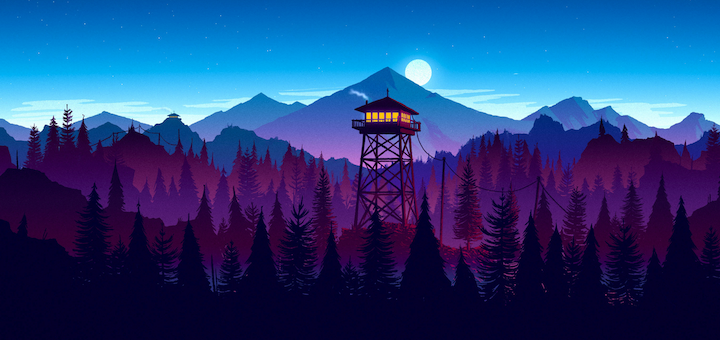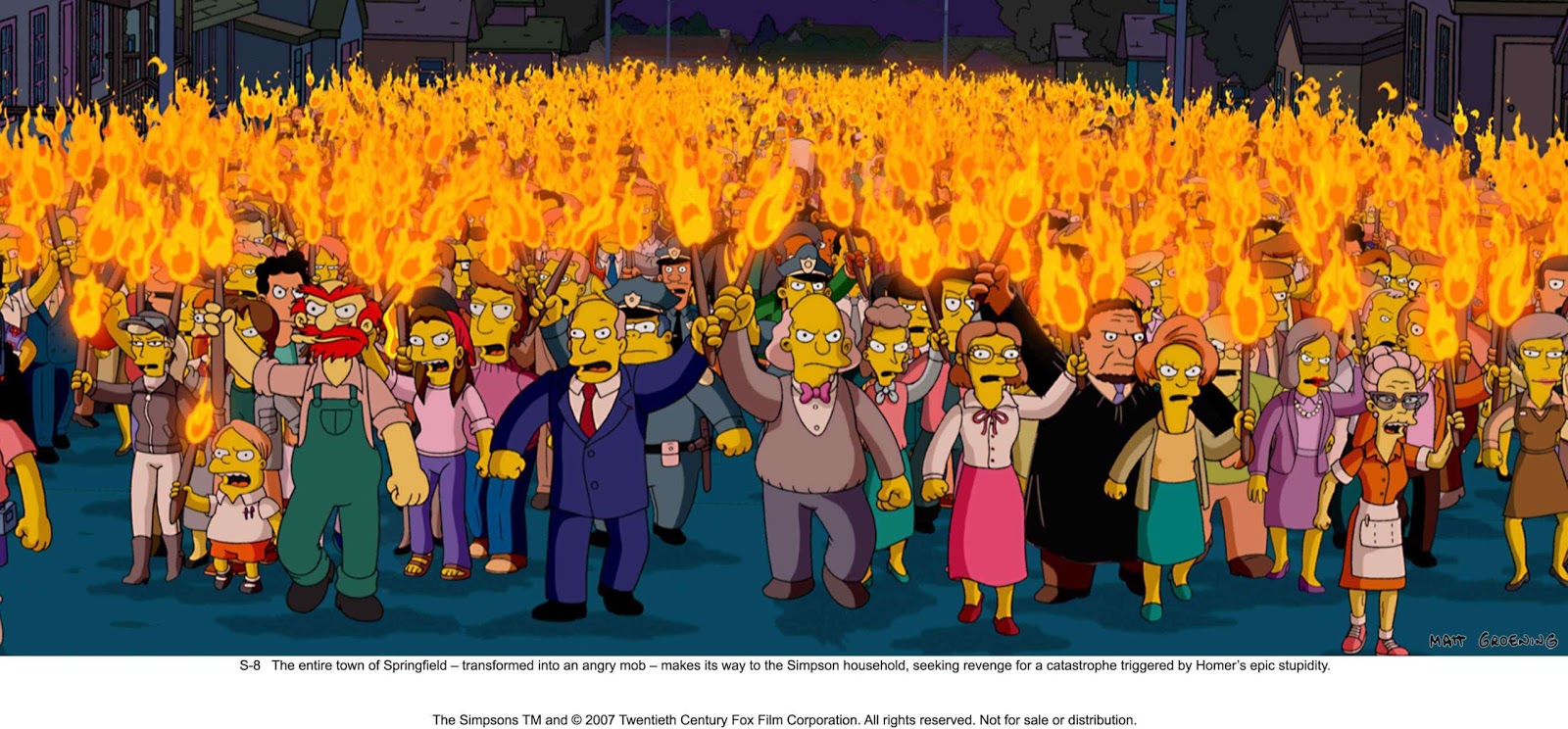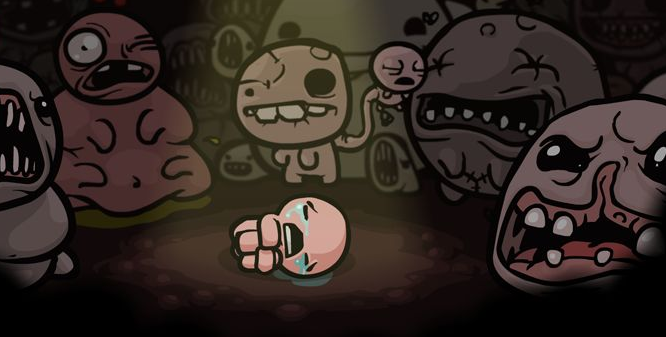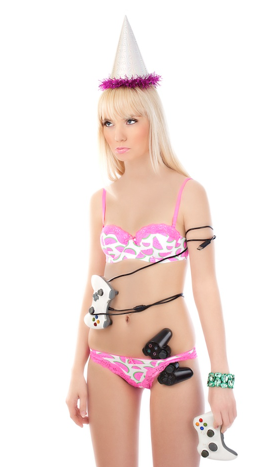As most readers are no doubt aware, Pokemon Go has swept the world. Despite having a terrible interface, completely unreliable servers, no tutorial or manual, and limited creativity in gameplay, many, many people still find the game absolutely enjoyable. I myself have spent hours and hours every day since I downloaded the app walking around, talking with others, visiting state parks, art installations, and walking my dogs in new places. But this is not a post about Pokemon Go, at least not directly.
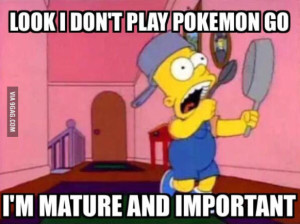 As soon as PokemonGo (PG) started becoming popular (which probably took all of 4 seconds), a wave of anger, resentment, and negative judgment started being levied at those who play. Part of this may be because PG encourages social interaction. The game lets you take pictures of unique pokemon. Its use of augmented reality has made for some hilarious and fun photo ops that just beg to be shared. The game also encourages socialization through shared pokemon and teams. If I see a Charizard at the park, other players nearby can capture him too. I have been at parks several times where someone shouts out that they have spotted a unique pokemon, which gets people talking and flocking to the same spot. Likewise, the way gyms and teams work (which I won’t get into here) encourages you to talk to people at parks and other public spots, which engenders a kind of shared sense of community even among strangers passing near a church or statue. So because the game does encourage sharing, it is only natural that social media accounts have been flooded.
As soon as PokemonGo (PG) started becoming popular (which probably took all of 4 seconds), a wave of anger, resentment, and negative judgment started being levied at those who play. Part of this may be because PG encourages social interaction. The game lets you take pictures of unique pokemon. Its use of augmented reality has made for some hilarious and fun photo ops that just beg to be shared. The game also encourages socialization through shared pokemon and teams. If I see a Charizard at the park, other players nearby can capture him too. I have been at parks several times where someone shouts out that they have spotted a unique pokemon, which gets people talking and flocking to the same spot. Likewise, the way gyms and teams work (which I won’t get into here) encourages you to talk to people at parks and other public spots, which engenders a kind of shared sense of community even among strangers passing near a church or statue. So because the game does encourage sharing, it is only natural that social media accounts have been flooded.
But I don’t think an oversaturation with talk about PG is exactly what is making people who aren’t playing so angry at those who do. After reading tweets and Facebook statuses and scouring the Internet for Poke-memes, I have a few ideas about why this game in engendering so much backlash in addition to its success. And no, it’s not just because haters gonna hate.
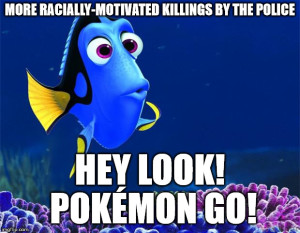 I think the first reason PG legitimately has some people angry is because of timing. There can be no denying that the world has been really, really shitty lately. It’s especially shitty for any person of color. Between Black men being openly murdered by police officers, police officers being killed, the horrifying attack in Nice, the train terrorist attack in Germany, and so on, our disillsuionment with the state of the world is at an all time low. As we read, experience, think about these tragedies that expose, in a very real way, how fucked up the world is, it can be extremely jarring to look up and see all your friend’s happy, bubbly posts about the cool Bulbasaur she just caught. I’ve seen several posts that suggest the following sentiment: go ahead and catch your little pokemon while the rest of us fight against [fill in the blank]. I think this can be a reasonable reaction in light of the unreasonable things happening every day. But it’s problematic, as I will discuss below.
I think the first reason PG legitimately has some people angry is because of timing. There can be no denying that the world has been really, really shitty lately. It’s especially shitty for any person of color. Between Black men being openly murdered by police officers, police officers being killed, the horrifying attack in Nice, the train terrorist attack in Germany, and so on, our disillsuionment with the state of the world is at an all time low. As we read, experience, think about these tragedies that expose, in a very real way, how fucked up the world is, it can be extremely jarring to look up and see all your friend’s happy, bubbly posts about the cool Bulbasaur she just caught. I’ve seen several posts that suggest the following sentiment: go ahead and catch your little pokemon while the rest of us fight against [fill in the blank]. I think this can be a reasonable reaction in light of the unreasonable things happening every day. But it’s problematic, as I will discuss below.
Another reason I see dismay with PG is because it has some serious issues with exclusion and elitism. As Jynx pointed out, the restrictive “male/female” gender binary in the game is troublesome at its best and downright offensive at its worst. As Sam and Alisha pointed out as well, this is not a story-based game. One would think that very little work would have to go in to making avatars that can vary in presentation. I think this is a huge miss for the game, and something that we shouldn’t have to still be fighting for in 2016. One person even wrote about the problems with playing the game while Black, arguing persuasively that people of color will likely be viewed very suspiciously, perhaps even attacked, if they wander around 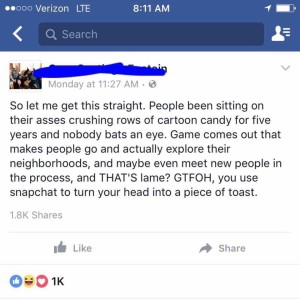 staring at their phones.
staring at their phones.
Not only is the game exclusionary in terms of representation, it is exclusive from an economic standpoint. Those without smartphones (or tablets with cellular connections) can not play the game. Further, players unwilling to spend money will face a significant amount of more work than their counterparts who do indulge in the micro transactions . Now, the game is free, so you could argue that it is attempting to be available for all economic levels. That rings fairly false, though, when you think about the unseen costs of playing: free time to collect pokemon, safe neighborhoods to play in, transportation to pokestops and gyms if none are within walking distance, and the cellular data. While the game has not taken up too much of my data plan despite my constant playing, I did end up being at 95% of my data by the last day of the billing cycle. If I go over my data, I am able to pay an extra $15. No biggie. But that is a HUGE expense for some players. The game, then, presupposes a certain level of economic freedom. In addition, others have talked about the assumed physical abilities of PG’s players. The swiping motion is difficult for many players and prohibitive for those with dexterity or hand problems. Further, many pokemon are found in places completely unreachable by wheelchair. Some people are rightfully rejecting the game on this basis.
And of course, there is another reason some people will hate PG: it has some questionable ethics. The initial drama over whether Niantic had access to peoples’ email, discussions about just how much GPS data is being collected, and problems with privacy are all legitimate reasons to be skeptical. I do not think this is the reason some have for such a deep resentment of the game, though. Perhaps it’s because many of these anti-PG posts criticizing the privacy policies and data collection are on Facebook, which is pretty ironic. One person is on an iPhone, on perhaps the least private software ever created, complaining about others on their cell phones.
At any rate, I think there are legitimate reasons some people hate Pokemon Go. As I’ve written before, though, the benefits—IMHO—far outweigh the negatives. People are reporting positive impacts on PTSD, depression, agoraphobia, and other mental illnesses because of the game. I myself have been pretty profoundly changed recently, spending time at parks, by rivers and lakes, and with others. This is where haters really get to me.
We all have the right to hold on to whatever joy we can find in this dark and horrible world. We can simultaneously en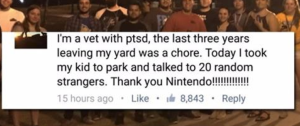 joy a game and work daily and diligently to fight oppression, discrimination, and systemic problems in the world. These last few weeks have been so troubling that I can barely go on Facebook. The circulation of graphic images and videos is disturbing; the flippant way some people comment on stories and ignore people’s lived experiences; and above all, the feeling of helplessness when story after story comes across your feed that you can do little—if anything—to fight against. That’s not to say that ignorance is preferable, but we are fools to think constant bombardments of negatively will lead to anything more productive than participation on one’s own terms. In a world where you can select who and what you see on your news feed, I often wonder if I’m only ever preaching to the choir.
joy a game and work daily and diligently to fight oppression, discrimination, and systemic problems in the world. These last few weeks have been so troubling that I can barely go on Facebook. The circulation of graphic images and videos is disturbing; the flippant way some people comment on stories and ignore people’s lived experiences; and above all, the feeling of helplessness when story after story comes across your feed that you can do little—if anything—to fight against. That’s not to say that ignorance is preferable, but we are fools to think constant bombardments of negatively will lead to anything more productive than participation on one’s own terms. In a world where you can select who and what you see on your news feed, I often wonder if I’m only ever preaching to the choir.
Of course, this isn’t about people posting about awful news stories; that kind of knowledge exchange is important and necessary. That does not mean that we can’t step back for a breath, a moment, and try to find momentary peace before stepping back into the fold. When I was doing my dissertation research I found myself in the worst depression of my life. I would not have finished my PhD, let alone continued to work to be an activist for positive change in the gaming industry, if I didn’t allow myself to find some joy to hold on to in the midst of all the horribleness. Maybe we can never shut it off completely, but we can stop judging others for stepping back and taking a breath. No one knows what another’s’ experiences are, nor does posting on Facebook always serve as someone’s only means of working towards change.
Again, some people are just going to dismiss any game that gets popular (or any movie, or any band). It’s in some people’s anatomy to be a contrarian. So haters are gonna hate. But gamers are gonna game. And as a wise man once said, sometimes a Snorlax gonna Snorlax.

